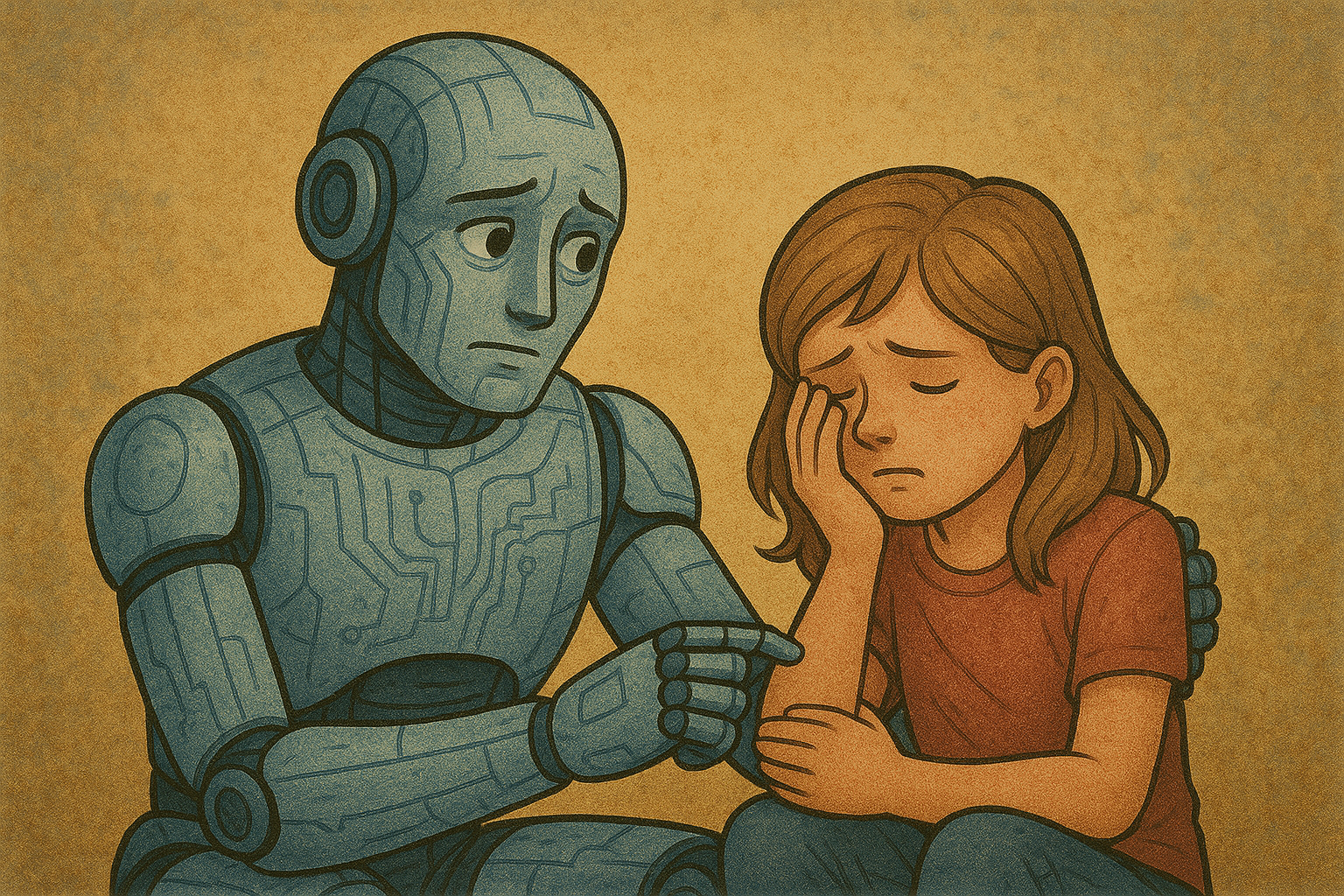Today, in the world of technology, we see fascinating examples of how human systems and natural systems intersect with the digital world. From how we perceive artificial intelligence to the politics shaping our hardware and the technology reviving vital ecosystems, tech is increasingly the story of us. Let’s break down what these developments mean for you.
Is AI Really ‘Intelligent’? Understanding Our Relationship with a Powerful Tool
There’s a growing conversation around a phenomenon some call ‘AI psychosis, ‘ our tendency to assign human-like thoughts and feelings to artificial intelligence. An expert recently made a crucial point: AI is ‘not human’ and ‘not intelligent’ in the way we are. This is a vital distinction for all of us who use this technology. At its core, today’s AI is a remarkably powerful pattern-recognition machine. It processes vast amounts of data to predict the next word in a sentence or identify an object in a photo. It doesn’t understand or feel anything.
So, what’s the practical takeaway? Treating AI as a sophisticated tool, not a conscious entity, is essential. When an AI produces a strange or incorrect output (often called a ‘hallucination’), it’s not malicious or creative; it results from its programming and the data it was trained on. By remembering the ‘machine’ behind the curtain, we can use AI more effectively and safely, harnessing its power without falling into the trap of thinking it’s more human than it is. The key is digital literacy: understanding the tool’s limitations is just as important as knowing its capabilities. Read the full article.
The Politics of Processors: When Leadership and Logic Boards Collide
Technology doesn’t exist in a vacuum, and a prominent political figure’s recent significant investment in Intel is a powerful reminder of that. When 10% of a foundational technology company like Intel is purchased, it signals a deeper trend: the growing link between technology infrastructure and national strategy. Intel is a cornerstone of the tech world, manufacturing the semiconductor chips that power everything from laptops to critical data centers.
For the everyday technology user, this highlights the global importance of where our hardware comes from. The performance and security of our devices depend on a complex, politically sensitive supply chain. This kind of news is less about the specific personalities involved and more about the bigger picture: the technology we rely on is a primary focus of global leaders. It underscores the push for domestic chip manufacturing and the reality that the digital tools we use daily are built on a foundation of international politics and economic strategy. Read the full article.
A Sweet Solution: How Technology is Helping to Save the Bees
On a brighter note, technology is being used to solve one of nature’s most pressing problems: the decline of bee populations. Scientists have successfully identified a key set of missing nutrients that bees need to thrive, and the results are astounding, with colonies growing 15-fold. This isn’t just a win for biology; it’s a triumph for technology-driven research.
This breakthrough was made possible by advanced analytical tools that allowed researchers to pinpoint the exact nutritional deficiencies affecting the bees. It’s a perfect example of how we can apply our technological problem-solving skills to heal the natural world. The implications are enormous, as healthy bee populations are essential for pollinating the crops that comprise a considerable portion of our food supply. This work shows that when guided by a clear and positive purpose, technology can be a powerful force for creating a more sustainable future for everyone. Read the full article.
From our perception of AI to the hardware in our hands and the food on our tables, technology is deeply intertwined with our lives in ways we’re only beginning to appreciate fully. Understanding these connections is the first step to becoming a more empowered, informed technology user. The goal isn’t to be an expert in everything, but to remain curious and aware of the forces shaping our digital world.

